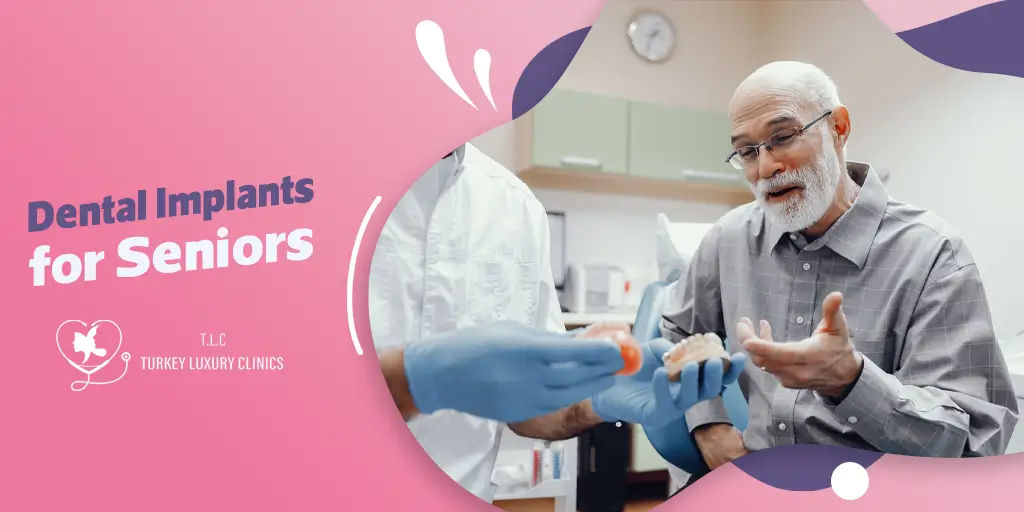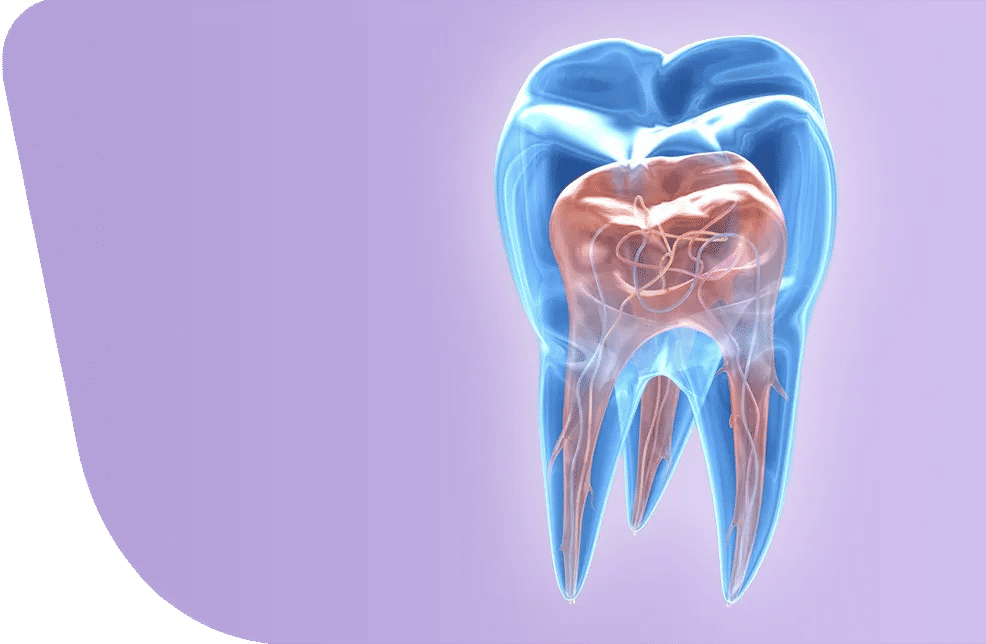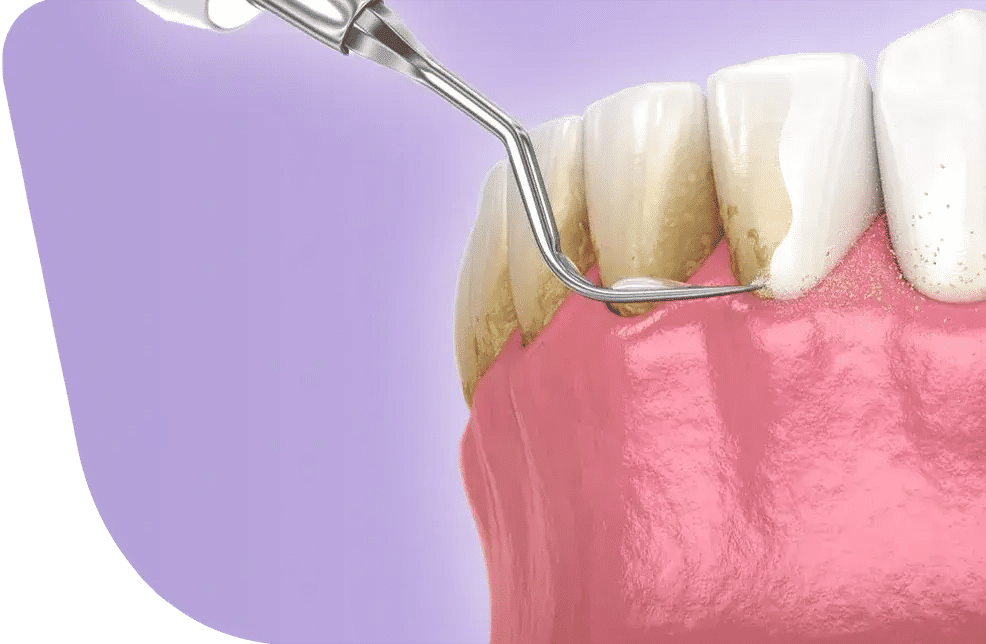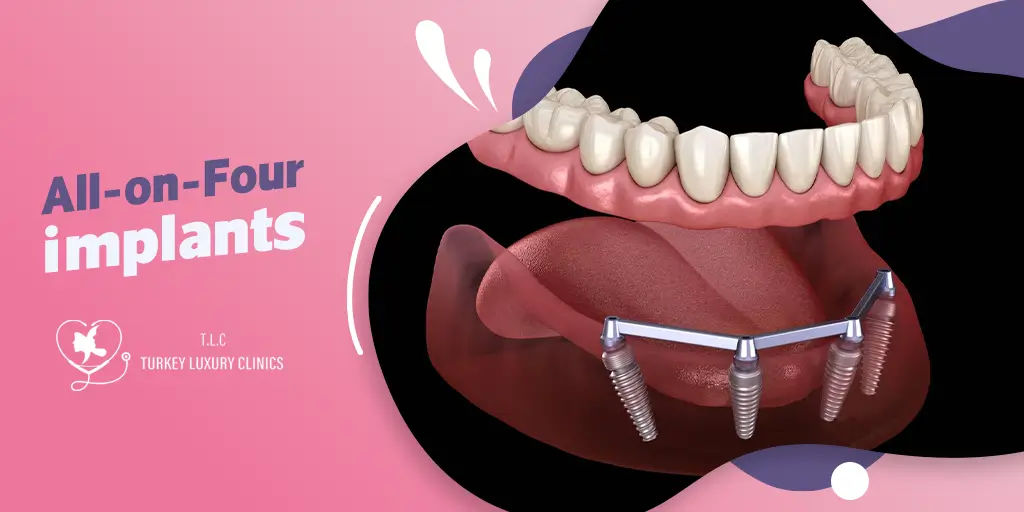- - Are Dental Implants Safe for Seniors?
- - As a Senior, Should I get Dental Implants or Dentures?
- - Benefits of Dental Implants for Seniors
- - Dental Implants Advantages & Disadvantages for Senior
- - Conclusion
As we age, maintaining oral health can become increasingly challenging. Tooth loss is a common issue among seniors, and it can significantly impact their quality of life. Fortunately, dental implants offer a reliable and effective solution. Here’s a detailed look at how seniors can benefit from dental implants.
Are Dental Implants Safe for Seniors?
Dental implants are generally a safe option for seniors. If you are in good health and have sufficient bone density in your jaw, you should be able to undergo the procedure with no problems. Please be aware that the procedure may require extra precautions if you are taking certain medications, such as blood thinners, to prevent excessive bleeding.
In general, the decision of whether to undergo a single or a full-mouth dental implant procedure should be made after a consultation with your oral health professional, who will be able to assess your health status and make a recommendation regarding the most appropriate treatment option.
As a Senior, Should I get Dental Implants or Dentures?
Both dental implants and dentures are popular choices for seniors who have lost some or all of their teeth. It should be noted, however, that the relative merits and demerits of these two options vary depending on the individual's circumstances and requirements. Dental implants remain the superior option, but dentures may still be a viable choice for some patients.
Dental implants are designed to closely replicate the appearance and function of natural teeth. They are securely anchored to the jawbone, providing a more natural bite and enabling the consumption of a wider range of food. Additionally, dental implants have a long lifespan with proper care, making them a cost-effective long-term solution.
For those seeking a more affordable or less invasive solution, or with only a few missing teeth, dentures may be a preferable option. Additionally, they are well-suited for individuals who wish to avoid lengthy procedures with multiple appointments.
Benefits of Dental Implants for Seniors
Dental implants offer numerous benefits for seniors, providing an excellent solution for restoring your smile and enhancing your overall quality of life. Some of these are:
- Enhanced Nutrition: Dental implants provide patients with the ability to chew their food more effectively and enjoy a wider variety of foods. Seniors with missing teeth or poorly fitting dentures may experience difficulty eating foods that require chewing force, such as hard, crunchy, or chewy foods. Dental implants can help you maintain good overall health and prevent malnutrition by restoring your ability to eat a healthy, balanced diet.
- Improved Oral Function: One of the most significant advantages of dental implants for the senior population is the restoration of oral function. Dental implants offer you a more secure solution than traditional dentures, which can slip and cause you discomfort. This enhanced stability allows seniors to chew and speak more effectively, improving their overall quality of life.
- Increased Confidence: Tooth loss can have a significant impact on a person's self-esteem. Dental implants are designed to look and feel like natural teeth. They provide a more aesthetically pleasing and comfortable solution compared to other tooth replacement options. This can positively impact self-esteem and motivate seniors to participate more fully in social activities, enhancing their mental and emotional well-being.
- Long-Term Oral Health: Dental implants help to preserve your jawbone by preventing bone loss that is typically associated with missing teeth. This helps maintain facial structure and can prevent further tooth loss. Additionally, dental implants do not require the alteration of adjacent teeth, a requirement for dental bridges.
- Comfort and Convenience: Many seniors report discomfort and inconvenience associated with wearing dentures. These can slip out of place and require adhesives. Dental implants represent a more permanent solution, eliminating the need for daily maintenance and the discomfort often associated with dentures. This convenience can significantly enhance the quality of life for seniors.
Dental Implants Advantages & Disadvantages for Senior
Advantages
Dental implants are a long-term solution that goes beyond the limitations of a quick fix. They offer a number of advantages.
- Dental Implants Look and Feel Like Natural Teeth.
Dental implants are indistinguishable from natural teeth. Once the implant is fitted inside your mouth, you will barely notice the difference between a natural tooth and a replacement tooth.
- Dental Implants Last a Lifetime.
Dental implants represent a highly sustainable tooth replacement option for seniors. While crowns may require replacement every 10-15 years, implants can last a lifetime with minimal maintenance.
- Dental Implants Prevent Bone Loss.
The teeth roots serve to reinforce the jaw bone. When an older adult loses a tooth, the bone surrounding that area may begin to deteriorate and break down. This condition is referred to as periodontitis.
Disadvantages
Dental implant surgeries present certain challenges. It is important to consider the following key disadvantages before proceeding with a dental implant procedure.
- Could be a Lengthy Process
The treatment plan encompasses a number of phases. The treatment plan encompasses a number of phases. Please be aware that it can take up to six months for dental implants to fuse with the jawbone. This means that the procedure may take some time to complete. Therefore, it may be challenging for seniors to prioritize immediate care.
- Can Cause Infections
While dental implant complications are rare, it is possible that your gums may become infected after the implants are placed. In rare cases, periodontal disease may result from dental implant complications.
- Involve Additional Procedures
Dental implants for seniors may require additional treatments in certain cases. In some cases, patients may lack adequate bone density to support the implant. In such instances, a bone transplant may be necessary. In addition, if their sinuses are too close to your jawbone, they may require a sinus lift. These additional procedures may result in longer delivery times and higher costs.
Conclusion
Dental implants provide numerous benefits for seniors, from improved oral function and nutrition to enhanced confidence and long-term oral health. They offer a comfortable, convenient, and permanent solution to tooth loss, making them an excellent option for seniors looking to improve their quality of life. If you or a loved one is considering dental implants, contact Turkey Luxury Clinics and let our professional dentists determine the best plan for your needs.














.webp)
.webp)
.webp)
.webp)

